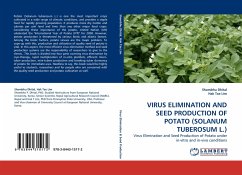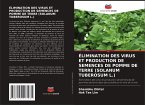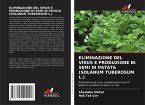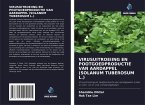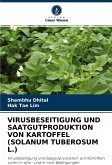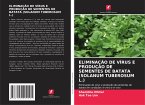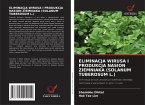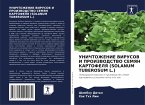Potato (Solanum tuberosum L.) is one the most important crops cultivated in a wide range of climatic conditions, and provides a staple food for rapidly growing population. It produces more dry matter and calories per unit land and time than any other major food crops. Considering these importance of the potato, United Nation (UN) celebrated the "International Year of Potato (IYP)" for 2008. However, potato production is threatened by various biotic and abiotic factors. Among the biotic factors, potato viruses are the major problem. To cope-up with this, production and utilization of quality seed of potato is vital. In this aspect, the most efficient virus elimination method and seed production systems are the responsibility of researchers to give to the clients.. This book is divided into four parts covering virus elimination by cryo-therapy, rapid multiplication of in-vitro plantlets, efficient micro-tuber production, mini-tubers production and breaking tuber dormancy of potato for immediate uses. Needless to say, this book would be highly useful to students, researchers and for people who are concerned with the quality seed production and potato cultivation as well.
Bitte wählen Sie Ihr Anliegen aus.
Rechnungen
Retourenschein anfordern
Bestellstatus
Storno

